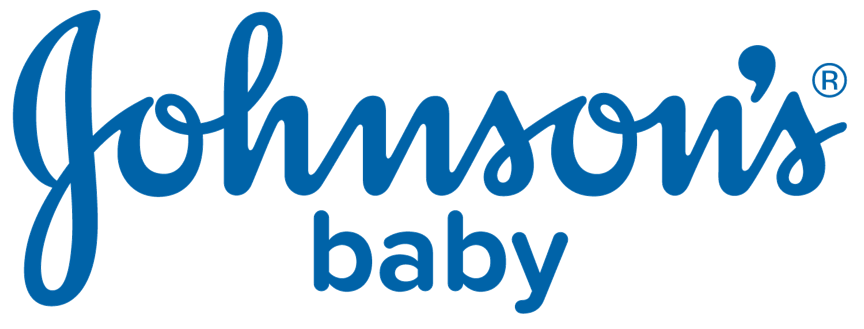Breastfeeding Guide

Breastfeeding Guide
Many new mothers find breastfeeding to be one of the most amazing acts of motherhood, but it's important to be honest about breastfeeding: although it is a natural act, it does not always come naturally.
In the past, new mothers had older generations of mentors to help teach breastfeeding, so it probably came "naturally" because it was being taught to them! Nowadays, many new mums get a crash course in breastfeeding at the hospital straight after their baby's birth. Unfortunately, this one-time lesson may not be enough.
Breastfeeding takes patience and practice. If you are having trouble with, for example, getting your baby to latch on, or you find that the process is causing you pain, then seek out help from other mothers, from your midwife or health visitor, from a course taught at the hospital or other support centre. Breastfeeding is good for you and your baby. But it should be a pleasant act, not one filled with worry and tears.
Get an Early Start
A good time to begin breastfeeding is soon after delivery, if possible, when baby is awake and the sucking instinct is strong. Even though you won't be producing milk yet, your breasts contain colostrum, a thin fluid that contains antibodies.
Proper Positioning
Your baby's mouth should be wide open, with your nipple as far back into their mouth as possible. This will minimise future soreness for you. A midwife, health visitor or other knowledgeable person can help you find a comfortable nursing position. If you're very sore, chances are your baby may not have the nipple far enough back in their mouth.
Breastfeeding on Demand
Newborns need to be breastfed frequently, about every two hours, and not on any strict schedule. Feeding on demand will stimulate your breasts to produce plenty of milk. Later, your baby can settle into a more predictable routine. But because breast milk can be more easily digested than formula, breast-fed babies often eat more frequently than bottle-fed babies.
Engorgement
As a new mother you may produce lots of milk, which can make your breasts big, hard and painful for a few days. To relieve this engorgement, you should feed your baby frequently and on demand until your body adjusts and produces only what your baby needs. In the meantime, you can take over-the-counter pain relievers*, apply warm compresses to your breasts for a few minutes before feeding to stimulate milk flow and ice your breasts for 10 minutes before or after for additional pain relief.
*Check with the pharmacist or your midwife first to ensure the medicine is suitable for use whilst breast feeding.
No Supplements
Don't give your baby sugar water or other supplements if you feel that you're not producing enough milk. This may actually interfere with your baby's appetite , and that can lead to a diminished milk supply. The more your baby is breastfed, the more milk you will produce. If you are concerned about your baby not getting enough to eat, talk to your health visitor or doctor.
Use Nursing Pads
Use to help eliminate embarrassing leakage between feedings.
Reflux
It's common for babies to have reflux or spit up during or after a feed. Most babies will outgrow this by their first birthday. Although run-of-the-mill reflux is common, consult a doctor if baby is not gaining weight, vomits consistently (as opposed to just experiencing reflux), refuses feeding or if you see other signs of a problem.
Nipple Cracking
In the early post-birth period, you may experience cracking. If this happens, check with your midwife or healthcare visitor to get practical advice. If your nipples do crack, rinse with clean water after nursing and gently cleanse daily. Applying a safe, appropriate nipple cream or ointment can also be helpful. Be sure to talk to your healthcare professional if the condition continues or is interfering with breastfeeding your baby.
Watch for Infection
Symptoms of breast infection include fever, painful lumps and redness in the breast. These require immediate medical attention.
Eat Right and Get Rest
Breastfeeding mothers should eat a balanced, nutritional diet, which generally should include an extra 500 calories a day. Consider giving up caffeine altogether and avoid alcohol. Also be sure to drink plenty of water and fluids (6-8 glasses) each day. Rest and quality sleep are also essential for helping to maintain your own good health.
JOHNSON'S®Pioneering Safety and Science in Baby Care
We are committed to working with Parents, Healthcare Professionals and Scientists to ensure our baby products continue to deliver high standards of safety and care.
